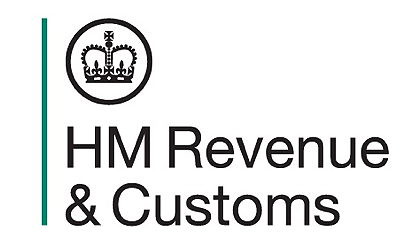According to the report, there were 18,500 claims for R&D tax relief by SME manufacturers in 2020-21, with a total value of £820m. Of these 6% were found to be totally non-compliant and 25% partially non-compliant.
The new figures have been released ahead of the introduction of tighter rules which are coming into force from August this year.
The HMRC administers two R&D tax relief schemes:
• one is aimed at small and medium-sized enterprises (SMEs);
• the other – known as the R&D expenditure credit scheme (RDEC) – is aimed at large companies and others that aren’t eligible for the SME relief.
The total level of error and fraud for both the SME and RDEC schemes across all sectors of the economy was estimated to be £1.13bn in 2020-21 – equivalent to 16.7% of all claims, and much higher than HMRC’s previously published estimate of 3.6%.
The level of compliance among manufacturers (69%) is higher than for all other sectors except for public administration and defence (on 75%). For example, in the education sector, only 11% of the 1,500 claims in 2021-2021 were judged to be fully compliant.

The number of R&D claims across all sectors has risen year-on-year. In 2015 to 2016 there were 43,665 claims, totalling £4bn. By 2020-2021, this had risen to 89,300 claims, totalling £6.6bn. On current forecasts, HMRC expects the cost of relief for claims received in 2027-2028 to amount to £9.5bn.
From 1 August 2023, HMRC will introduce a range of new checks on claims. Claimants or their R&D advisers will have to fill in additional forms to allow HMRC to assess quickly the validity of any claim and the level of expertise of R&D agents used to prepare the claim.
“While there will undoubtedly be more red tape for companies claiming R&D relief in the future, HMRC’s own figures suggest that this will continue to be a generous relief – worth some £9.5bn in 2027-28,” points out Eyad Hamouieh, a tax partner at the accountancy and business advisory firm BDO. “However, in many instances, companies will need to plan more carefully for their R&D claims and put in place new processes to collect the right information, first time, to support their R&D claims.”
HMRC: Twitter LinkedIn Facebook

